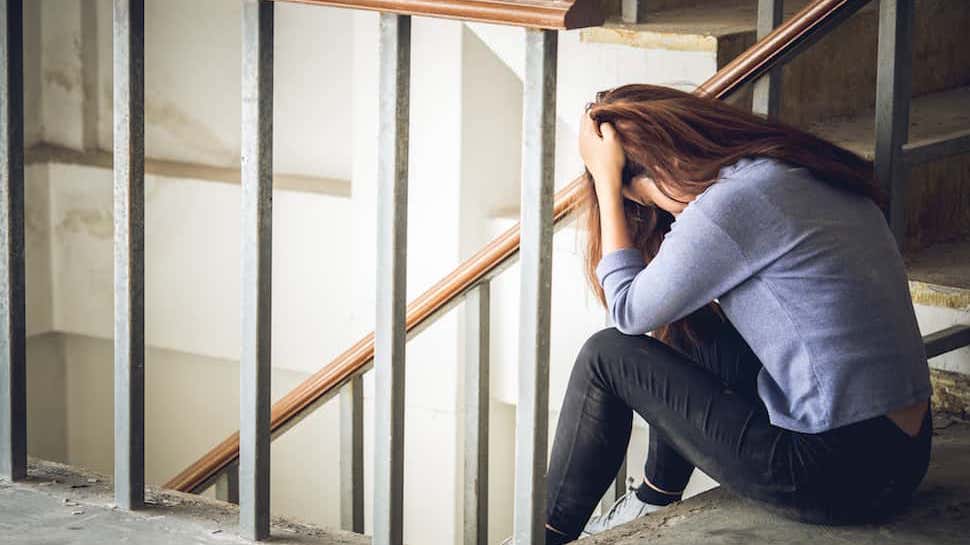
The prospect of relapsing may be daunting for those in recovery. But, it frequently results in other difficult emotions as well. Some may be seduced by the allure of relapsing, others may experience intense shame about their own relapse, and still others may view relapse as an existential threat brought on by unidentified and enigmatic forces. Relapse, however, is both visible and avoidable, and a person may protect their recovery by keeping an eye out for the indicators, being aware of the risk of it, and taking care of their own needs.
Relapse, in the end, is a common occurrence and doesn’t stop anyone from achieving long-term sobriety
Relapse rates for addiction “resemble those of other chronic disorders such as diabetes, hypertension, and asthma,” according to the National Institute on Drug Addiction.
1 According to studies, between 40 and 60 percent of those who struggle with addiction will relapse.
Given that over half of individuals in recovery will relapse at some time, some people may wonder why they should even bother with treatment or sobriety. Yet such approach to care and healing absolutely falls short. The other half of those who don’t relapse have discovered sustained sobriety and the corresponding health and pleasure that go along with it.
Why Do Relapses Occur?
See recovery as a continuum, with relapse at one end and a well-planned program chock-full of self-care, altruism, and growth-oriented activities at the other. Relapse is not a binary state in which someone is either sober or relapsing; rather, it is a series of continuous moves in either way as a person responds graciously to recovery’s rewards and challenges or engages in progressively dysfunctional ideas and actions.
Relapse is complete dysfunction, when a person has persisted in a thinking or behavior pattern that undermines recovery and makes using alcohol or other substances desirable.
How Can One Avoid Relapsing And Maintain Their Sobriety?
Patients develop relapse prevention strategies they may use to deal with risky events, triggers, and other life stresses throughout treatment. They also learn to recognize any high-risk scenarios and the warning indications of relapse. The illness model of addiction, which contends that addiction is both chronic and progressive, is also taught to patients. In other words, because it is a lifelong disease, patients must carefully maintain their recovery by utilizing a variety of coping mechanisms, social supports, and self-care practices. By employing those crucial strategies, persons in recovery will be able to deftly navigate any relapse threat.
What Signs Might Point To A Loved One Relapsing?
The obvious side effects of alcohol, opioids, or other narcotics use are fairly reliable predictors of relapse if someone is using them. It’s crucial to bear in mind, though, that many individuals with drug use problems are quite adept at concealing their usage from others around them.
Sadly, if a person is new to recovery, the shift into a new recovery lifestyle may not have fully taken effect, thus the active effects of alcohol, opioids, or other substances are sometimes the only signs that outsiders may rely on to identify whether relapse has happened.
Which Medicines Are Most Likely To Relapse?
Regardless of their primary drug of choice, drug users are all susceptible to relapsing, and anybody who exhibits disordered ideas or actions is also at risk. There is no one substance that causes rationalization, minimization, or other unhealthy mental habits. A person may persuade oneself that THC is harmless since it is natural. They might even console themselves by telling themselves that Ativan is a safe alternative to alcohol because it is a different kind of depressive. The lesson of the story is that everybody in addiction treatment faces the risk of relapse since every drug of abuse will interfere with the brain’s reward circuits.

Dealing with Relapse
Consider taking the following actions if someone you know has relapsed:
- Examine the person for signs of drunkenness, overdosing, withdrawal, or suicidal ideas, and take any children out of harm’s way.
- If at all feasible, take the person out of their current situation and away from any drugs.
- With or without a formal release of information, let any therapists or counselors know about the person’s recurrence.
- Share your sentiments and worries for the individual who relapsed with them.
- Speak to your network of supporters and request assistance.
- If you relapsed, remember that recovery is a long process that frequently includes relapse and that it frequently leads to long-term recovery.
Which Medicines Are Most Likely To Relapse?
Regardless of their primary drug of choice, drug users are all susceptible to relapsing, and anybody who exhibits disordered ideas or actions is also at risk. There is no one substance that causes rationalization, minimization, or other unhealthy mental habits. A person may persuade oneself that THC is harmless since it is natural. They might even console themselves by telling themselves that Ativan is a safe alternative to alcohol because it is a different kind of depressive. The lesson of the story is that everybody in addiction treatment faces the risk of relapse since every drug of abuse will interfere with the brain’s reward circuits.
According to research, alcohol and opioids have the highest rates of relapse, with some studies showing an alcohol relapse rate as high as 80% in the first year following treatment. Similar studies indicate that within the first year following treatment, there may be an 80 to 95 percent chance of relapsing to opiate use. The relapse rates of stimulants and benzodiazepines are infamously high.
Understanding the triggers associated with use and having a relapse prevention strategy in place that will squelch any cravings are crucial for everyone who is clean, but especially for those who use those drugs.

